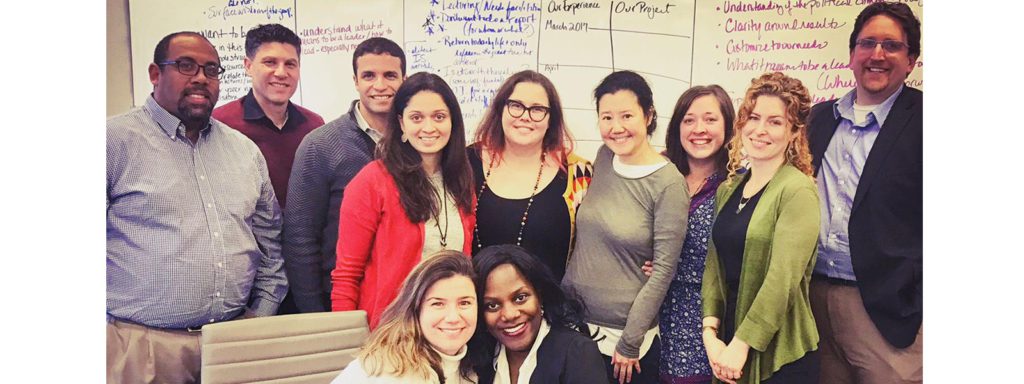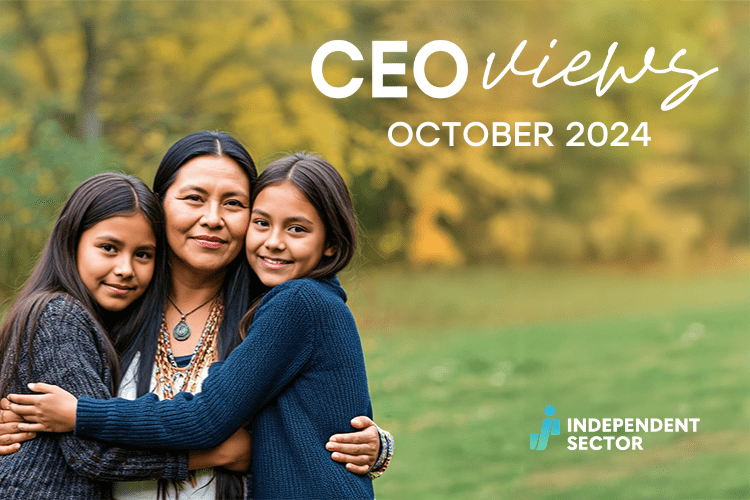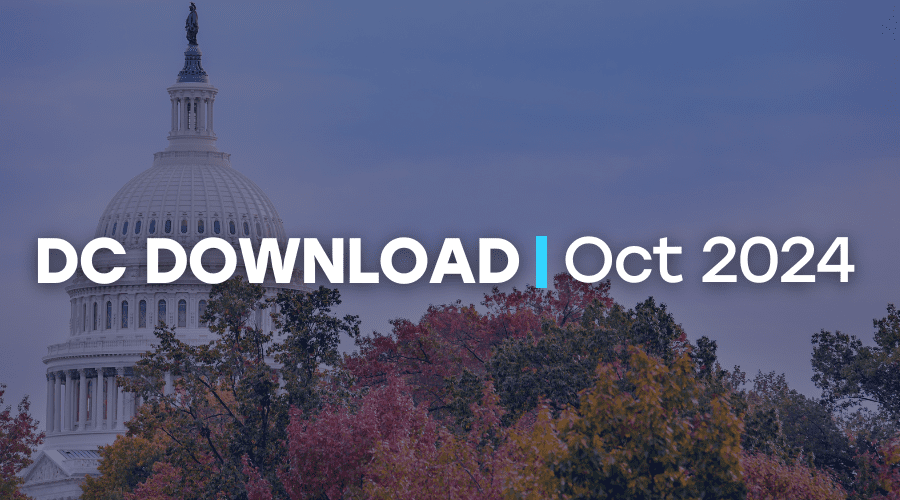The following is the project by 2016-17 cohort of the American Express NGen Fellows program. This podcast series features emerging nonprofit leaders grappling with complex, sometimes controversial issues. Each leader brings an authentic voice to the conversation, based on personal views and lived experience. These leaders were selected for the NGen Fellows program by American Express and Independent Sector, but the views expressed do not necessarily represent those of either organization.
As I reflect on the insightful commentary expressed in my conversation with American Express NGen colleagues Kashif Shaikh, Lisa Fasolo Frishman, and Paul Daugherty for the first episode of NGen Speaks, I am reminded of the myriad challenges and the historical power imbalances we must work to remedy as a nonprofit sector. As leaders, we have a profound amount of privilege to access resources and set institutional agendas that affect millions of lives. However, if history has taught us one thing, it’s that power and privilege have not always been used in a manner that makes our society more just and equitable. If we truly wish to solve the pressing issues of our time with innovative solutions, then we need to carefully scrutinize the process by which we work to achieve the common good.
To begin, nonprofit leaders must critically examine the ways in which diversity, equity, accessibility, and inclusion permeate all aspects of their organization’s structure, strategy, and service delivery. Our nation’s demographics are rapidly changing and, in response, many nonprofits have begun to recognize the importance of urgently cultivating a diverse staff and board. Undoubtedly, this internal review represents a positive development. However, far too many organizations within the social sector fail to actively engage externally with diverse stakeholders throughout the strategic planning and implementation process. This is a critical misstep that creates blind spots and has the potential to reinforce barriers and further marginalize some members of our society. Certainly, as nonprofit leaders, we can do better.
In theory, community engagement is a relatively simple and empowering concept. It is the intentional process by which we form partnerships between our organizations and those we seek to serve. When done correctly, community engagement fosters community building and ownership, more sustainable outcomes, and greater social equity. Further, by engaging constituents from across our society, this work enables the sharing of diverse ideas and challenges that might otherwise be overlooked. Ultimately, community engagement enables nonprofits to become more firmly rooted in the communities they serve while working to minimize barriers, increase accessibility, and have greater impact.
To achieve this, nonprofits must work to build authentic relationships that are rooted in trust and respect. Further, organizations need to become more flexible, responsive, and willing to relinquish some control. After all, authentic community engagement is democratic by design. Most importantly, it is fundamental to understand that deep and continued engagement takes time and practice. Change does not happen quickly. For many nonprofits, this will require a fundamental shift in organizational structure and power dynamics.
It’s inspiring to see more nonprofits experimenting with human-centered design, participatory budgeting, and other forms of community engagement. Further, many organizations are thinking smartly about the ways in which they can leverage institutional assets to benefit those they seek to serve. Surely, these are steps towards a more inclusive, community-focused approach to advancing the common good.
As we collectively adopt more participatory practices within our sector, it is paramount that we foster a deeper, shared understanding from across the field. As a step in that direction, I encourage you to share your experiences and thoughts on the evolving roles of leadership and community engagement in the comments section below.
Devon Akmon is a 2016-17 American Express NGen Fellow and the director of the Arab American National Museum, the first and only museum in the United States devoted to Arab American history and culture.



